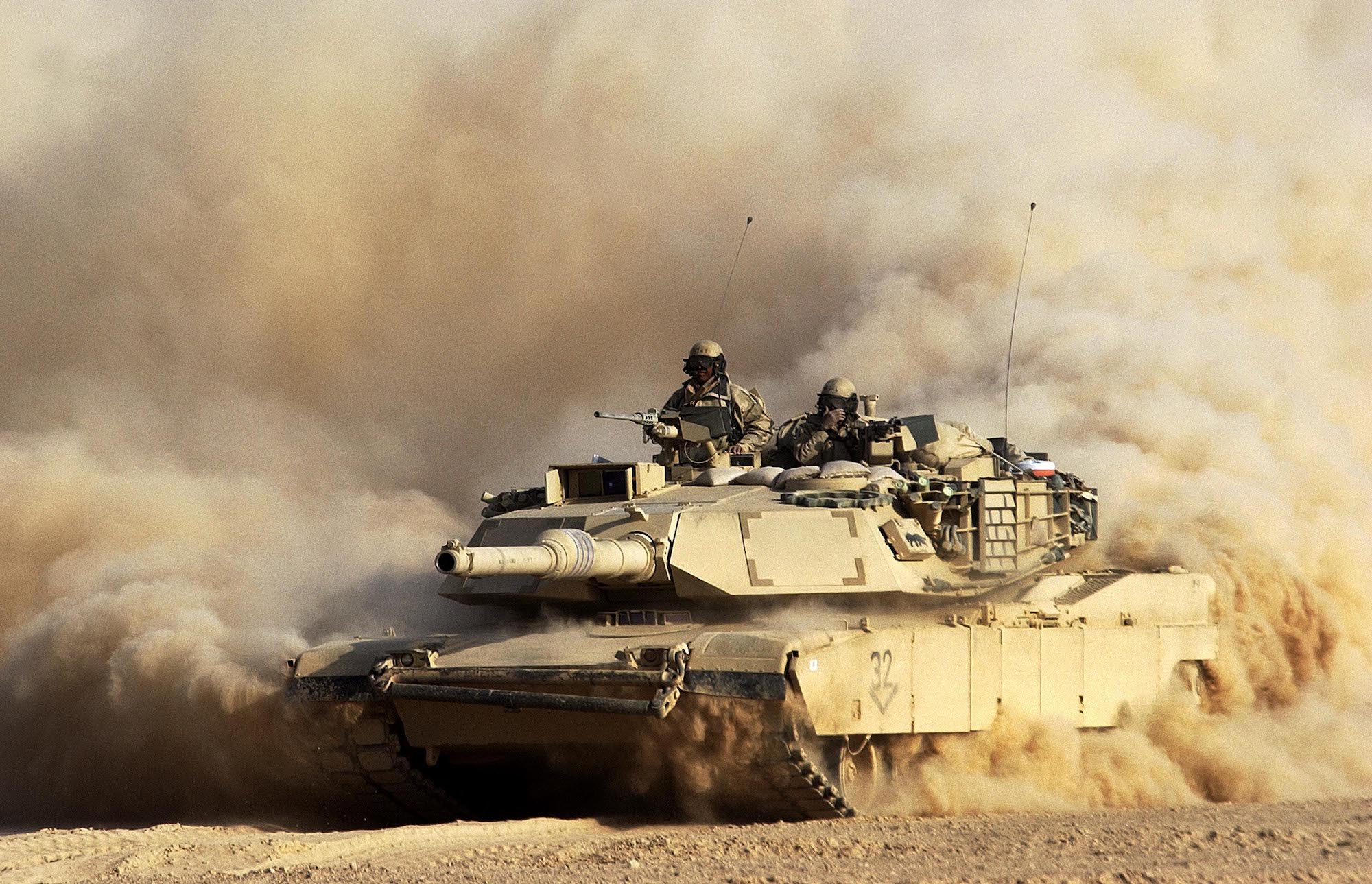In an era characterized by tumultuous conflicts and pervasive trauma, the intersection of war, nightmares, and psychological afflictions such as Post-Traumatic Stress Disorder (PTSD) presents a pressing societal concern. The Baha’i teachings, rooted in principles of unity, peace, and the essential worth of the individual, offer profound insights pertinent to understanding and addressing these themes.
War, an age-old phenomenon, remains a point of fascination and dread in human history. The psychological scars it inflicts on combatants and civilians alike are manifold. One such affliction, PTSD, has garnered increasing attention as individuals strive to reconcile their traumatic experiences with a sense of normalcy. The Baha’i Faith, acknowledging the myriad social and psychological challenges arising from conflict, underscores the importance of understanding these phenomena through a lens of compassion and collective responsibility.
At the heart of the Baha’i teachings is the principle that humanity is one. This unity compels adherents to recognize the shared suffering wrought by war. When individuals grapple with the aftermath of violence—be it through nightmares that echo the horrors of battle or the ever-present specter of anxiety—the Baha’i perspective emphasizes the necessity of community support and solidarity. In essence, healing is not solely an individual endeavor but a collective obligation. This understanding fosters an environment in which individuals feel empowered to seek help, thus mitigating the isolation often felt by those enduring the agonies of PTSD.
Moreover, the phenomenon of nightmares serves as a poignant reminder of the brutal realities associated with war. Nightmares are not simply manifestations of fear, but are, in many respects, reflections of unprocessed trauma. The Baha’i teachings advocate for introspection and the examination of one’s inner world, suggesting that individuals must confront their fears rather than bury them beneath the surface. By engaging in reflective practices—be it through prayer, meditation, or community dialogue—individuals can begin to unravel the complexities of their experiences, thereby transforming the terror of nightmares into opportunities for healing.
The act of dreaming, both literal and metaphorical, is imbued with significance in the Baha’i worldview. The teachings suggest that dreams can offer guidance and insight, acting as a bridge between the conscious and unconscious self. In the context of war-related trauma, dreams may serve a dual purpose: they illuminate the depths of one’s psyche while concurrently providing a pathway to recovery. In this way, the Baha’i approach embraces the therapeutic potential of dreams, advocating for an understanding that transcends the mere psychological, touching upon the spiritual dimensions of human experience.
Furthermore, the Baha’i perspective posits that education plays an integral role in fostering resilience in the face of trauma. By equipping individuals with knowledge about PTSD and its manifestations, communities can cultivate an environment of understanding and empathy. This educational imperative encourages dialogue about mental health, stigmatizing neither the individuals affected nor their experiences, but rather framing them within a broader context of healing and unity.
Additionally, the concept of service to humanity is central to the Baha’i Faith. In addressing the challenges posed by war and PTSD, this principle manifests in various forms of outreach and support. Acts of service, whether through organized efforts or spontaneous acts of kindness, can instill a sense of purpose and belonging in those grappling with melancholia born of conflict. Engaging with others in a constructive manner provides a therapeutic outlet, reinforcing the communal bonds that are often frayed in the aftermath of violence.
In recognizing the multifaceted nature of PTSD and its ties to war, one must also consider the societal structures that perpetuate conflict. The Baha’i teachings call for social justice and the reformation of systems that foster inequality and oppression. By addressing the root causes of war, such as economic disparity, lack of education, and social injustice, the Baha’i community advocates for a future devoid of the cyclical nature of violence. This holistic approach highlights the interconnection between personal healing and societal transformation, positioning the latter as a remedy for the ills that afflict the former.
In conclusion, the intricate relationship between war, nightmares, PTSD, and the power of dreaming is a reflection of the broader human experience. The Baha’i teachings provide a robust framework for understanding these phenomena, emphasizing unity, compassion, and the necessity of collective healing. By fostering awareness, encouraging introspection, and advocating for societal change, the Baha’i perspective not only addresses the immediate challenges posed by war but also envisions a more harmonious future free from the shadows of conflict. As the human spirit is resilient, guided by the light of the Baha’i principles, it has the capacity to transcend trauma and embrace the fullness of existence, dreaming of a world where peace prevails over war and unity triumphs over division.
